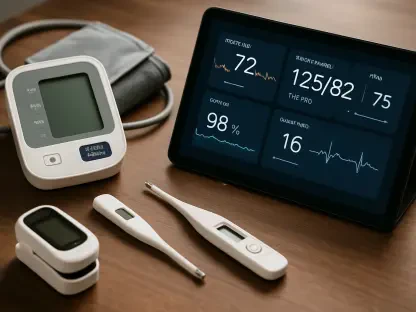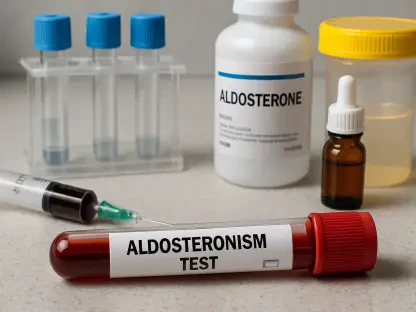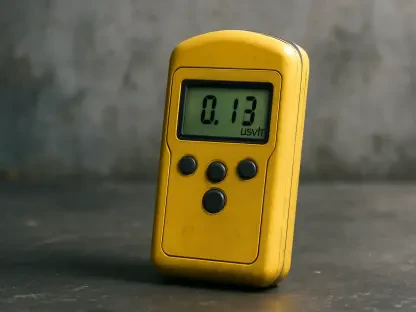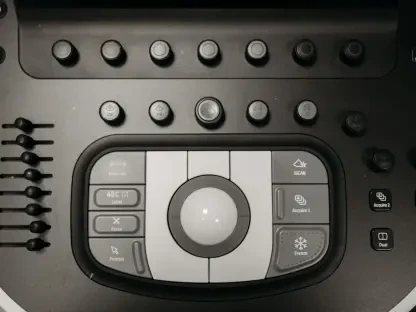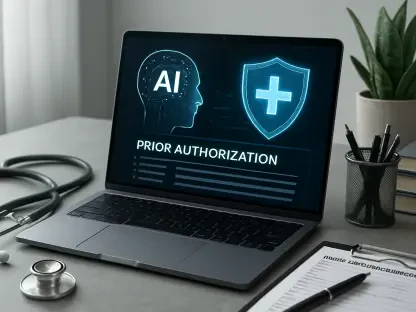Imagine a healthcare system where patients can book MRI scans at a time that suits their busy schedules, even late into the evening, while radiographers support multiple facilities from miles away, transforming the way diagnostic care is delivered. This vision is becoming a reality through a groundbreaking pilot program led by Imperial College Healthcare NHS Trust in collaboration with cutting-edge technology. The initiative, which ran for six months earlier this year, explored the potential of remote MRI scanning to tackle longstanding challenges in NHS radiology services, such as extended waiting times and staff shortages. By leveraging advanced digital tools, the program extended scanning hours and reshaped how diagnostic care is delivered. The results suggest a transformative shift in patient access and operational efficiency, sparking curiosity about whether such innovations could redefine the future of healthcare delivery across the UK. This exploration delves into the specifics of the pilot and its broader implications for systemic change.
Expanding Patient Access Through Flexible Scheduling
One of the standout achievements of the pilot was its impact on patient access to MRI scans. By extending operating hours at a Community Diagnostic Centre from 12 to 16 hours per day, five days a week, the program accommodated an additional 1,356 patients during evening slots between 8pm and midnight. This adjustment not only addressed the demand for more convenient appointment times but also significantly reduced the Did Not Attend (DNA) rate from a typical range of 5-7% to a mere 1.1%. A pre-pilot survey of over 100 patients reinforced the value of this flexibility, with 88% expressing willingness to book non-traditional evening slots. Such findings highlight a strong public preference for scheduling options that align with personal commitments, ultimately leading to shorter waiting lists. The success of these extended hours points to a potential model for other NHS trusts to enhance accessibility, ensuring that diagnostic services are not just available but also convenient for a diverse patient population.
Revolutionizing Workforce Training and Capacity
Beyond patient benefits, the pilot also addressed critical workforce challenges within NHS radiology services. Utilizing a sophisticated command center technology, the program enabled remote oversight of multiple MRI scanners across different locations, creating an innovative training environment. This approach allowed radiology staff to double the number of trainees in half the usual time, a vital step given the persistent shortage of diagnostic radiographers in England. Hospital bottlenecks and delays in patient diagnosis, often exacerbated by staffing gaps, were mitigated through this efficient training model. Clinical leaders involved in the initiative described the technology as a unique enabler of fast, safe, and high-quality skill development. Furthermore, the ability of radiographers to assist on-site teams remotely hints at a future where diagnostic equipment might operate around the clock. As digital infrastructure continues to evolve, such advancements offer a scalable solution to bolster workforce capacity, ensuring that healthcare systems can meet growing demands with agility and precision.


